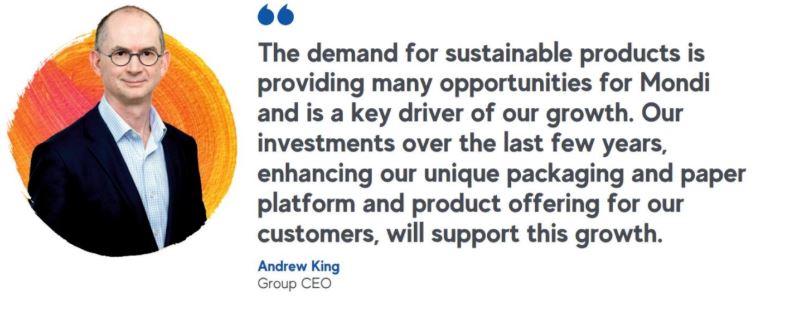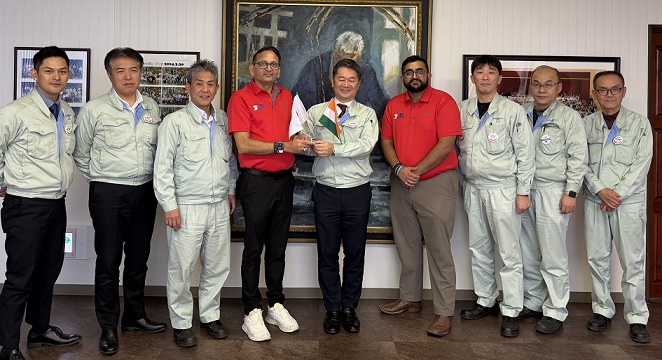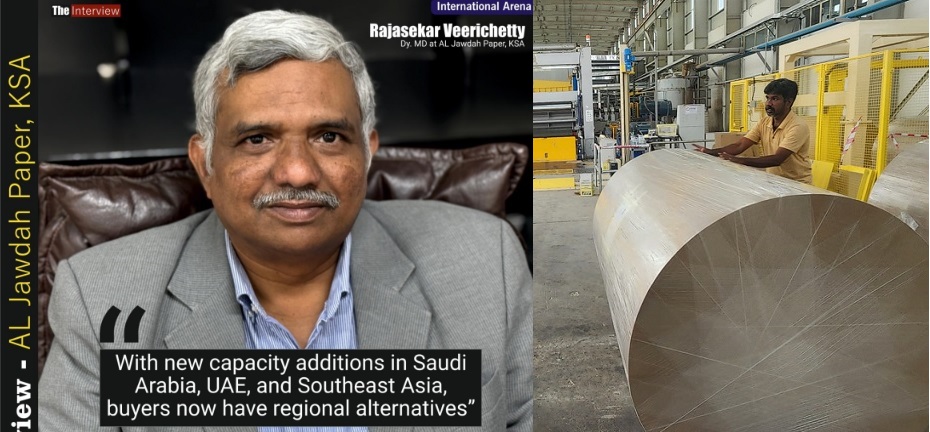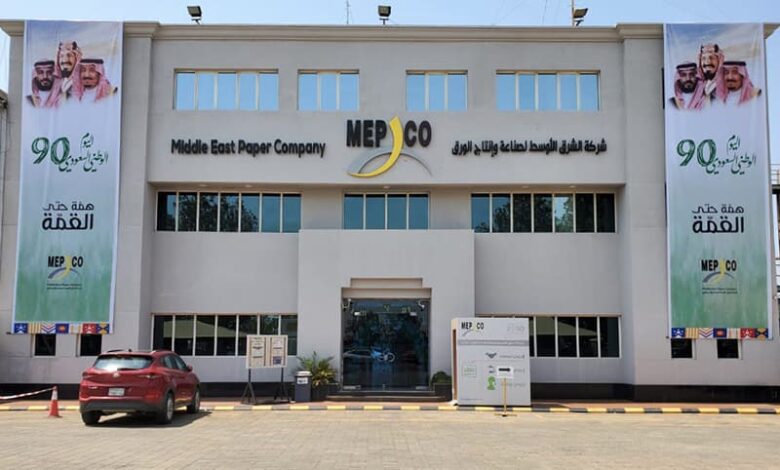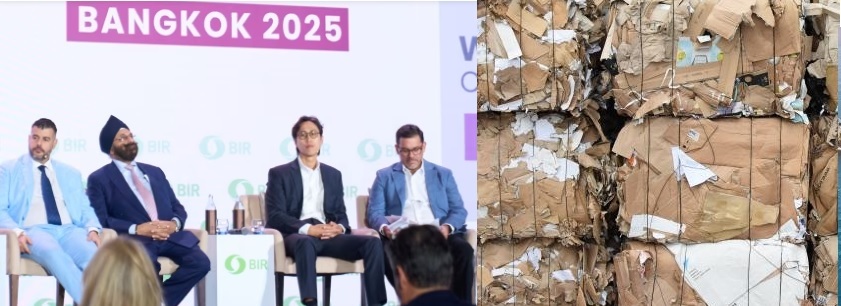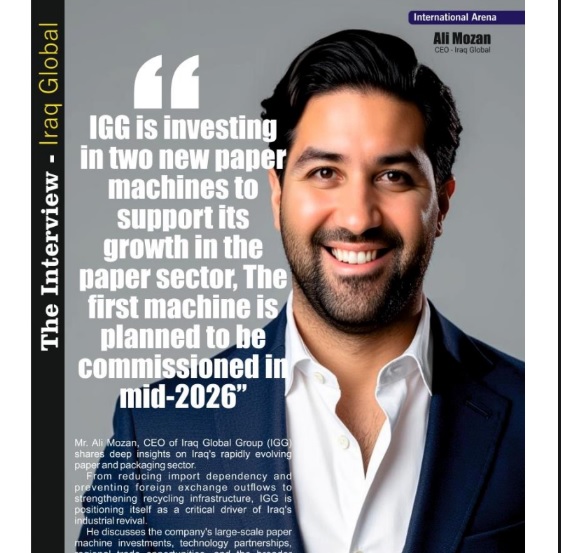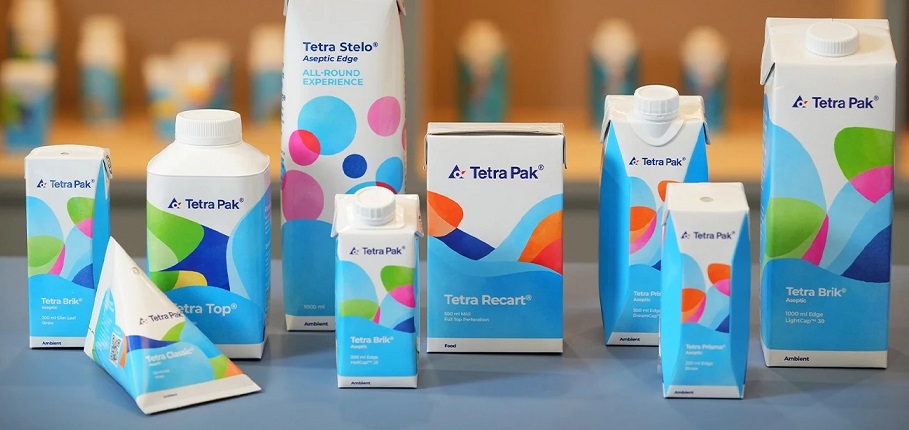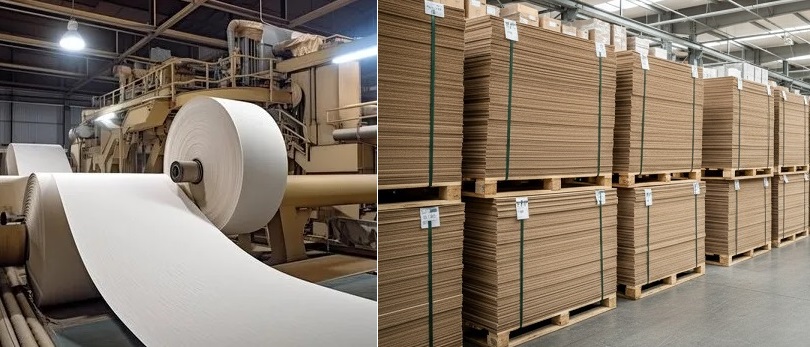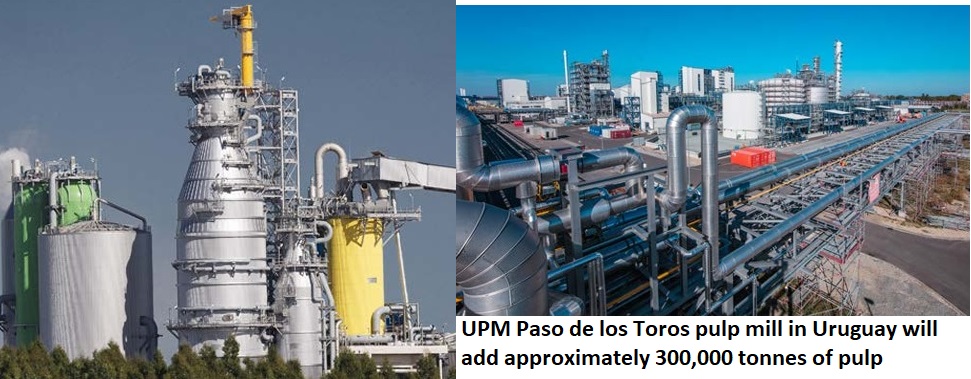Sustainable Solutions: Global Innovations in Pulp & Paper Industry
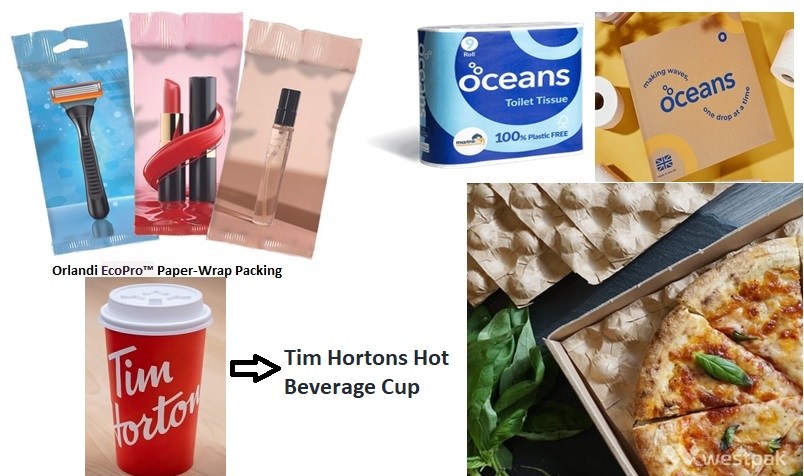
Sustainable Solutions: Global Innovations in Pulp & Paper Industry
The below article has been written by Mr. Satyapal Gupta, Former President- FPTA and Group Chairman, Narsingh Dass & Co. The article is uploaded in two parts
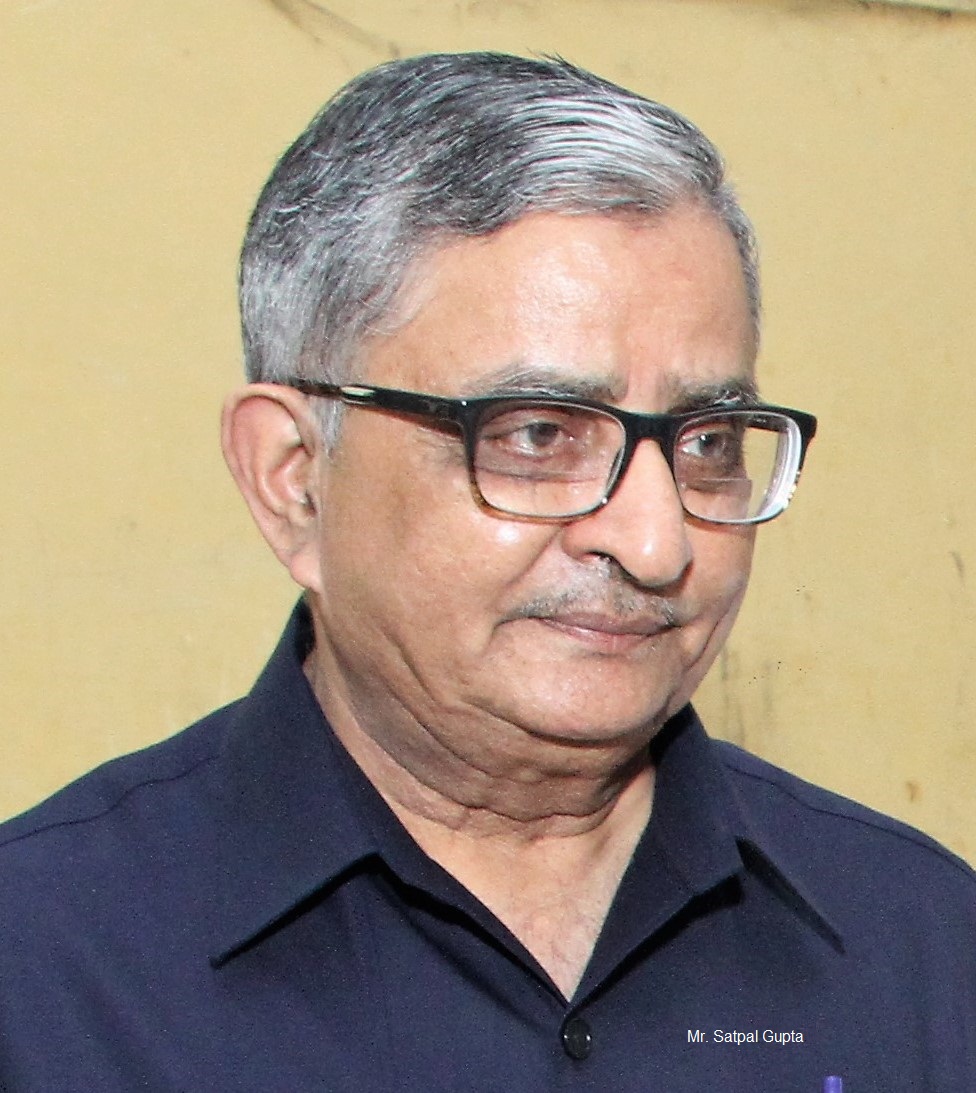
The Pulp and Paper Times
Four packaging CEOs meet at a sustainability conference, each representing a different substrate. “My products are more sustainable than yours,” starts the paper packaging CEO. “Fiber-based packaging is the only compostable substrate, and it degrades faster than other alternatives.” The plastic packaging company CEO responds immediately, “My products are more sustainable than yours. Plastic packaging has a very low carbon footprint, and it is increasingly becoming recyclable.” The glass packaging company CEO cannot hold back: “You talk about recyclability, but my products are actually recycled, without downcycling. Plus, you can reuse them, cutting down the footprint even further.” Finally, the metal packaging company CEO chips in, too: “My products are fully recycled, without downcycling, and metal cans are much more lightweight than glass, resulting in lower carbon emissions when transported.” The anecdote above is from a Bain & Company report, “Which Packaging Substrates Are the Most Sustainable?” The authors point out that although the CEO discussion is imaginary, the arguments about which products are the most sustainable are all very real. “Whereas companies historically considered cost, functionality, and consumer experience as they determined which substrate to use for a given product, now sustainability is top of mind for everyone from regulators to consumers to the C-suite,” the article states.
I’m bias towards paper-based packaging, but that there is no clear winner among the substrates. Even though some substrates such as rigid paper may have an edge, it’s too early to tell. And across geographies, there is still not a shared understanding of what is necessarily the preferred or most sustainable type of packaging. Trying to break down sustainability and what it means to consumers, consumer goods companies, regulators, etc. is a complex task, especially for producers of paper, plastic, glass and metals.
While consumers say they would pay a premium for sustainable products and brands, some perceive them as being too expensive. Different segments of consumers tend to engage at different levels. Sustainability is a huge deal right now and is only going to get bigger and more involved. For the paper industry, educating consumers about the circularity of paper and paper-based packaging is critical. Globally, paper producers continue to innovate and develop sustainable substitutes for plastic packaging.
With the growing demand for sustainable options, companies are increasingly focusing on areas for enhancement and innovation in their priority lists. Understanding and learning from other company initiatives can provide valuable insights and guidance in this pursuit.
As the demand for sustainable practices grows, major companies are increasingly looking towards paper packaging to meet their corporate sustainability goals. In response, pulp and paper companies are innovating and forging new partnerships to address these needs. With a surge in new solutions and collaborations, it's easy to feel overwhelmed by the rapid pace of change.
To get a better understanding of this evolving landscape, please witness the latest advancements in the pulp and paper industry driving a more sustainable future.
Orlandi, an innovative leader in packaging and sampling solutions, announces the launch of its new product, EcoPro™ Paper-Wrap. Company is family owned and operated, with roots dating to 1865, is headquartered in Farmingdale, NY, USA, and has operational facilities and laboratories in USA, France and Brazil.
Designed to meet the growing demand for eco-friendly packaging, EcoPro™ represents a significant advancement in recyclable packaging options as it does not contain plastic film or foil.
EcoPro™ is a high barrier coated, heat-sealable, paper-wrap material that is recyclable, offering a sustainable alternative to traditional plastic film or foil pouches, packets, and sachets. It offers lower costs compared to folding cartons. With its innovative design, it provides a barrier against oxygen, water vapour and grease, ensuring the freshness, cleanliness, and proper containment of various products. Whether for e-commerce, shelf display, point of purchase (POP) arrangements, or peg-rack retail applications, it offers a solution for every packaging need.
DS Smith has collaborated on innovative packaging for Oceans, offering eco-friendly toilet tissue and kitchen towels. With a focus on sustainability, the company has crafted a variety of designs for its debut packs, in line with Oceans' environmental ethos. The box is crafted from 100% recyclable materials, featuring optimized dimensions to minimize waste and storage space. DS Smith has worked on new packaging for Oceans – one of the first UK manufacturers to offer plastic-free toilet tissue and kitchen towels.
Essentia Organic Mattress, a United States manufacturer of the trailblazing eco-luxury mattress brand renowned for its revolutionary mattresses, continues to set new standards for comfort and sustainability in the sleep industry. In line with the theme of Earth Day 2024, "Planet vs Plastics," Essentia proudly announces the elimination of plastic wrap from its roll pack process when shipping mattresses.
This groundbreaking initiative makes Essentia the first company to forgo plastic wrap entirely, opting instead for biodegradable, compostable, and recyclable kraft paper wrap for the inner and outer packaging when roll-packing, perfectly reflecting Essentia's commitment to Beyond Organic principles.
Essentia by adopting roll-packing techniques, reduces truck space and packaging material usage by 75%. All packaging materials are crafted from 100% recycled paper, and the transition to kraft paper wrap eliminates plastic usage entirely.
Westpak, a UK based company, has introduced its revolutionary “HeatWave” packaging solution, specifically crafted to enhance the heat retention of delivered and takeaway pizzas. This innovative product addresses the common issue of pizzas losing heat in standard boxes by incorporating a liner with a distinctive dome design. By elevating the pizza, reducing contact, and creating a thermal barrier, the “HeatWave” liner has proven to keep pizzas up to 27% hotter even after 15 minutes.
Made from recyclable kraft paper, these liners are not only environmentally friendly but also serve as a grease shield, eliminating the need for additional securing measures. This cutting-edge development aims to elevate customer satisfaction and ensure the quality of pizzas during delivery.
Canada based, Tim Hortons has launched a pilot program in select restaurants in Ottawa and Gatineau to test plastic-free, fibre-based hot beverage lids. The new fibre lids are designed to mimic the functionality of traditional plastic lids but are made from plant-based materials. This initiative is part of the company’s broader effort to reduce single-use plastics. Tim Hortons introduces new white hot beverage lids as part of its “Tims for Good sustainability” platform.
Aldi launched the UK’s first supermarket own-brand paper wine bottles. The Cambalala South African Shiraz (£7.99, 75cl), and Cambalala South African Sauvignon Blanc (£7.99, 75cl) will be available to buy in lightweight paper bottles. Made from 94 per cent recycled paperboard and lined with a food-grade pouch to contain the wine, the new bottles are fully recyclable and five times lighter than a standard glass bottle.
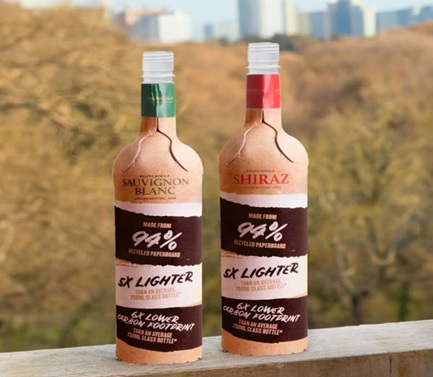
By replacing glass bottles with paper and stocking in stores nationwide, Aldi has generated a carbon footprint reduction that is equivalent to driving around the planet 5.8 times – giving eco-conscious wine lovers even more reason to say cheers.
Adidas has pledged its commitment to Canopy's CanopyStyle and Pack4Good initiatives, signalling a shift towards embracing low-carbon and circular Next Gen alternatives for its textiles, paper, and paper packaging products. The brand is not only dedicated to sustainable sourcing practices but is also actively exploring innovative solutions to reduce waste and lessen its dependence on virgin forest fibre. By utilizing agricultural residues for paper packaging, Adidas is not only repurposing waste materials but also alleviating the strain on crucial forests. With a focus on increasing the use of recycled materials in its paper packaging, Adidas is prioritizing sourcing from Forest Stewardship Council (FSC)-certified forests whenever virgin forest fibre is required.

Web Title: Sustainable Solutions: Global Innovations in Pulp & Paper Industry




 Join WhatsApp Group
Join WhatsApp Group Join Telegram Channel
Join Telegram Channel Join YouTube Channel
Join YouTube Channel Join Job Channel (View | Submit Jobs)
Join Job Channel (View | Submit Jobs) Join Buy Sell Channel (Free to Submit)
Join Buy Sell Channel (Free to Submit) Paper News Headlines Channel (Free to read)
Paper News Headlines Channel (Free to read)


